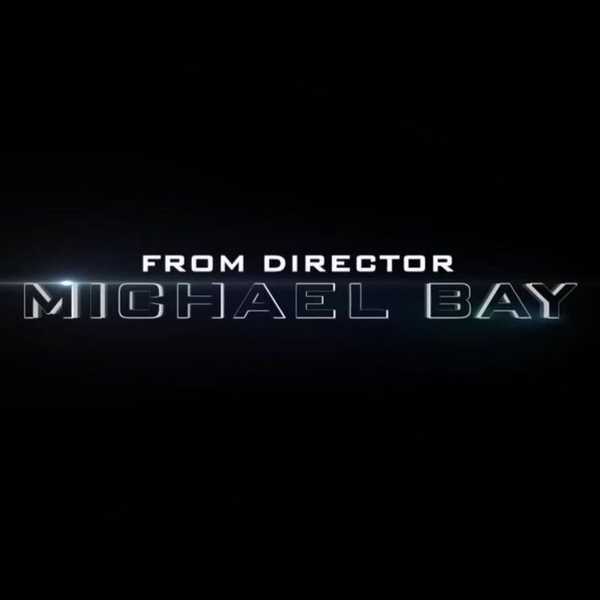Stephen King is one of my favorite modern authors. While he’s known for being notoriously adept at horror writing, what I like about him is his ability to take his time. He doesn’t feel pressured to rush a story along. Unlike some other writers, he has no obligation to keep his readers constantly entertained. With his longer books, and he has quite a few, it’s either you stick with it because the world he created fascinates you, or you get bored and don’t finish it.
I’m in the process of reading his 1994 novel, Insomnia, which—at least from where I’m at in the narrative—details the day-to-day life of Ralph, a sixty-eight-year-old man in the town of Derry, Maine, who suffers from premature waking. It’s exactly as “exciting” and “entertaining” as it sounds—which probably isn’t very.
Most of the book is about his struggle to get a good night’s sleep, told considerably slowly, putting emphasis on the nuances of his daily life as a senior citizen rather than the story’s arc. I’m currently on page 184 (out of 787), and the main plot has essentially just started to formulate. As I said, most of the book is about Ralph’s day-to-day activities.
The point of this article, however, is to say that it’s not necessarily a bad thing. What writers like King do well is worldbuilding—the detailed and often meticulous process of constructing a fictional environment. In the case of Insomnia, King spend lots of time describing the specific details of Derry so that the plot has a greater impact on the reader emotionally. It might be boring at some points, yes, but boredom—when used correctly, as King does—is a tool used by a writer to make the more entertaining parts of a story mean more when the stakes eventually heighten.
I will use another example to indicate this very point. In 1977’s Star Wars (yes, I’m calling it “Star Wars,” not “Star Wars: Episode IV—A New Hope”), the slowly-paced scenes on Tatooine in which C-3PO and R2-D2 get lost and go trekking through the desert may seem dull and monotonous to some, but to others it is crucial for worldbuilding and, more importantly, the introduction of Luke Skywalker’s character. It helps to explain to the viewer the protagonist’s struggle and desire for greater things by showing the audience the limitations of his home planet.
This scene is probably ten minutes long, but it serves a greater purpose in establishing Tatooine and Luke as a character. “Boring” moments like these are necessary for epic sagas like the Star Wars trilogy (yes, I said “trilogy”). The entire movie couldn’t be as thrilling as the TIE Fighter attack or the Death Star assault, because it would become a blur of continuous action if it was.
That ten-minute establishing scene did more for the overall quality of the film than an action scene of the same length could ever do. And this was done forty years ago, before spectacular and breathtaking visual effects were possible.
Now compare that to 2015’s The Force Awakens. The movie is no doubt a good one, but its entire runtime is more or less non-stop excitement. That’s what separates a merely “entertaining” movie from a “great” one in my book. It’s very much like Star Wars in nearly every regard, except it feels the need to keep its audience entertained throughout the entire film. It had no scene like the desert hike with R2 and 3PO that helped establish the universe.
One could argue that the scene with Rey on Jakku scavenging inside the fallen AT-AT was the Force Awakens equivalent, but it doesn’t have the same effect when it’s the protagonist herself being involved. If the main character is in the scene you’re using to establish the setting, then it becomes more about character development than worldbuilding (which is also important, but not what is being discussed here). It’s why George Lucas cleverly used the two droids to establish Tatooine as a setting rather than Luke himself.
I worry that the attention spans of modern readers and moviegoers are too short to appreciate novels like Stephen King’s and scenes like the Tatooine desert trek, and that mindless action and excitement is all they expect when reading books and watching films. Hopefully some will see this article and remember what makes a book or movie great rather than merely entertaining.





















